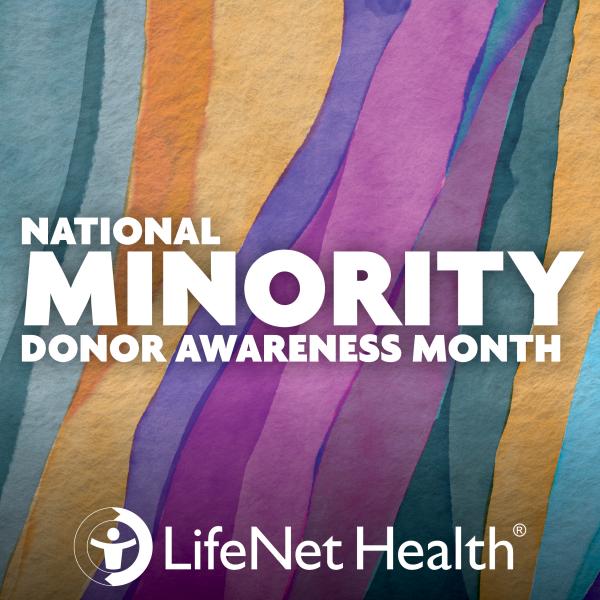
LifeNet Health honors first-ever National Minority Donor Awareness Month
VIRGINIA BEACH, Va. (Aug. 1, 2020) — At 15 years old, Tyler Spann was a gifted athlete, doting son, and dog lover. He was also a tissue donor.
Tyler was a bright spot, a beam of light to all who met him. “He was just amazing. I know people say that I can’t think of anything bad to say about a person, but I am his mom and I can’t think of anything bad to say about him,” said Angie Spann, his mother. Tyler was a natural athlete who was exceptional at football, basketball and track. He loved to cook and was obsessed with candy — especially Skittles.
Tyler and his family vacationed in Florida in the summer of 2018. He was playing football on the beach when he was pulled from the shore by a riptide. The current was so strong that it dragged him further out, causing him to drown. As Tyler’s family faced the worst moment of their lives, they made the selfless decision to help heal others by donating Tyler’s tissue. He was able to help many people through his gifts. “Tyler would have wanted to be a donor and help someone,” said Angie.
August is National Minority Donor Awareness Month, a collaborative effort by organizations such as Donate Life America to help save and improve the lives of diverse communities by creating a positive culture for organ, tissue, and cornea donation. It started as a single day of recognition in 1996, was later extended into a week, and starting this year is being observed for a full month.
“There is such (a) need for education in the African American community. There are so many myths,” Angie said. For example, she declined to donate her son’s corneas because she thought that he would not be able to have an open casket funeral. She later learned that was not true.
Today, people from multicultural communities — including African American and Black, Asian, Asian Pacific Islander, Hispanic and Native American patients — make up 60% of the national organ transplant waiting list. It is vital to heighten awareness of organ donation and encourage registration among all ethnicities because the best match for a transplant is someone with a similar genetic make-up.
“Registering as a donor gives each of us the chance to help those in our community who are in desperate need of hope and healing,” said Rony Thomas, LifeNet Health President and CEO. “We are proud to honor the profound impact that minority donors have made on countless lives through their final act of kindness and compassion.”
One donor can save the lives of nine people through organ donation and restore the health of more than 150 through tissue donation. To learn more about organ and tissue donation and to register as a donor, go to RegisterMe.org. You can also sign up to be a donor the next time you go to the Department of Motor Vehicles.
